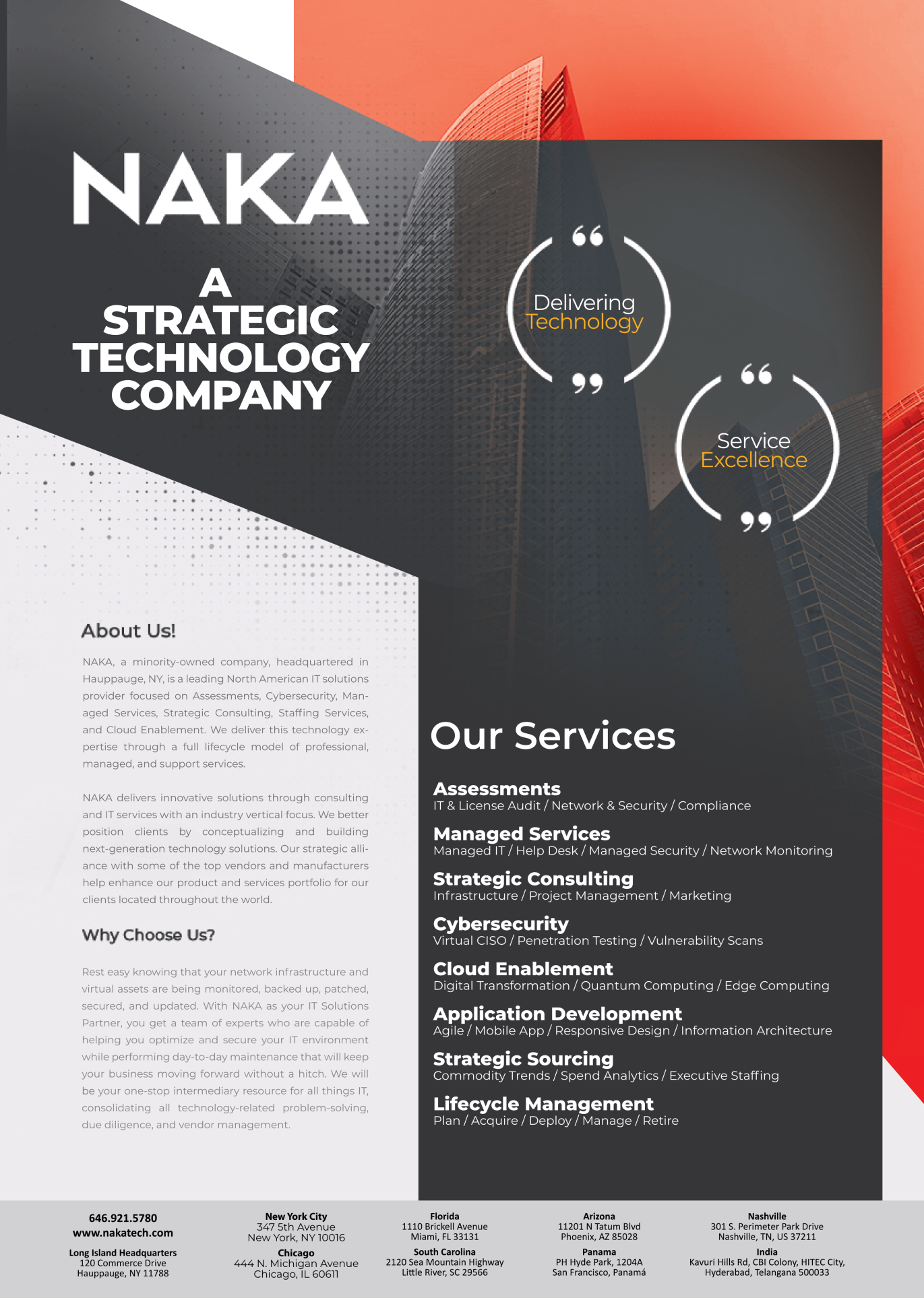Staffing Services in the Gig Economy: Opportunities & Challenges

Staffing Services in the Gig Economy: Opportunities & Challenges
The continuous evolution of the gig economy has created an impact on the way organizations function. Today, professionals are looking towards gig opportunities and freelance work rather than settling for an onsite job.
Sometimes, these gig jobs may be able to pay more than a traditional-style job. Technological and digital advancements were some of the main factors that influenced this work type; this is even more prevalent amongst the millennials and Gen Z.
The gig economy involves a system where professionals are hired by individuals as part-time or freelance workers, often regarded as independent contractors. These freelance workers are not time-bound and require a course of action planned to fulfill certain tasks by a given period of time.
In today’s blog, we will give a deep insight into the gig economy and explain the opportunities and challenges faced by the staffing-services industry. We will also acknowledge the advantages of freelance work culture and its impact on full-time jobs.
Implementation of Staffing Services in the Gig Economy: Why is it Important?
When you weigh the pros and cons of working as a freelance worker, you will find that there is no job security. There are business organizations that exempt the perks like paid leaves and life-insurance policies.
However, there are few firms that provide these additional services on a contract-based agreement where all the guidelines and strategies are outlined to fulfill the upcoming tasks by the freelance worker.
There are firms that help you find the right freelance worker based on your preferences alongside providing you the best assistance in hiring effective task-based contractors. These organizations not only provide options to hire professionals but also keep a check on the daily attendance and leave updates of these gig workers to adjust payroll accordingly.
Opportunities
- Increased Flexibility: The gig economy allows workers to have more control over their schedules and the projects they take on. Staffing services can take advantage of this by offering businesses access to a pool of qualified candidates who are available for short-term or project-based work.
- Access to Specialized Skills: With the gig economy, businesses can find workers with highly specialized skills that might not be available in their local job market. Staffing services can serve businesses with access to a wider pool of talent, making it easier for them to find the right person for the job.
- Lower Costs: Staffing services can help businesses save money by providing access to a flexible workforce without the need to hire full-time employees. This can be especially beneficial for businesses with fluctuating workloads or those in need of specialized skills for short-term projects.
- Scalability: Staffing services can help businesses scale up or down quickly based on their needs. This is particularly important for businesses with fluctuating demand or those that need to scale up quickly for a new project.
Challenges
- Lack of Control: With a flexible workforce, businesses may have less control over the quality of work and the reliability of workers. Staffing services must ensure that they thoroughly vet and train their workers to minimize these risks.
- Legal Issues: Staffing services must comply with labor laws and regulations, such as minimum wage and overtime laws. They must also ensure that their workers are classified correctly as employees or independent contractors to avoid legal issues down the road.
- Competition: With the gig economy, there are more staffing services entering the market, increasing competition for clients and workers. To stand out, staffing services must differentiate themselves by offering unique services or specializing in a specific industry.
- Technology: The gig economy is heavily dependent on technology, and staffing services must be able to keep up with the latest tools and platforms to stay competitive. This can be a challenge for smaller staffing services that may not have the resources to invest in expensive technology.
Evolving Workforce in the Gig Economy
Nasscom, the IT industry body, predicts that the country’s gig economy will grow at a CAGR of 17% to reach $455 billion by 2023 due to the increasing adoption of digital platforms and a growing entrepreneurial spirit among workers.
A recent survey by PayPal shows that the gig economy is mainly male-dominated, with 72% of gig workers being male and 28% female. Professional services, technology, and creative and multimedia services are the three leading sectors for gig work.
Millennials (aged 25-34) make up the majority of gig workers, followed by Gen Z (aged 18-24), indicating that younger generations in prefer gig work over traditional employment.
The changing nature of the gig economy workforce has impacted payroll services, with an increased demand for payroll services for gig workers who prefer non-traditional employment models. Payroll service providers in Mumbai are now offering specialized services, including flexible payment options, on-demand pay, and simplified tax compliance, to meet the unique needs of gig workers.
In addition, payroll service providers are adopting digital technologies, such as cloud-based platforms and mobile apps, to provide gig workers with more efficient and convenient payroll services as digital platforms continue to grow in the gig economy.
Advantages of Staffing Solutions in the Gig Economy
The gig economy offers several advantages for staffing solutions, including increased flexibility for organizations. Businesses can fill short-term or project-based roles quickly and easily without worrying about long-term contracts or commitments, allowing them to adjust their workforce as needed in response to changing market conditions.
- Another benefit is the accessibility to specialized talents and experience, as businesses can identify and hire people with specific skills or knowledge thanks to the gig economy. This is particularly helpful for businesses in niche markets or those with specialized needs.
- Additionally, the gig economy offers access to a larger pool of workers in terms of geography and demography, as companies can tap into a global talent pool through digital platforms. However, there are also difficulties with the gig economy for staffing solutions.
- One major issue is the lack of control businesses have over gig workers, which can make it challenging to ensure consistency and quality in products or services.
- Additionally, the legal and regulatory concerns related to gig workers being independent contractors rather than employees can create complications with tax and labor laws, resulting in more paperwork and potential costs for businesses that hire a lot of gig workers.
The rise of the gig economy is also affecting conventional employment paradigms, with changes in traditional ways of getting a job. Businesses may find it harder to attract and retain competent personnel as more people choose gig labor over traditional employment. This shift may lead to more project-based or temporary roles becoming available, altering the types of jobs that are accessible.
Conclusion
The gig economy has brought about both opportunities and challenges for staffing services. On one hand, it has enhanced flexibility, increased access to specialized talent and a bigger pool of workers for organizations.
On the other hand, it presents difficulties such as lack of control over gig workers and legal and regulatory concerns. The gig economy is also changing traditional employment paradigms, with more project-based or temporary roles becoming accessible.
As the gig economy continues to grow and evolve, it is crucial for businesses to adapt and find ways to effectively manage their workers in order to stay competitive in the market.



